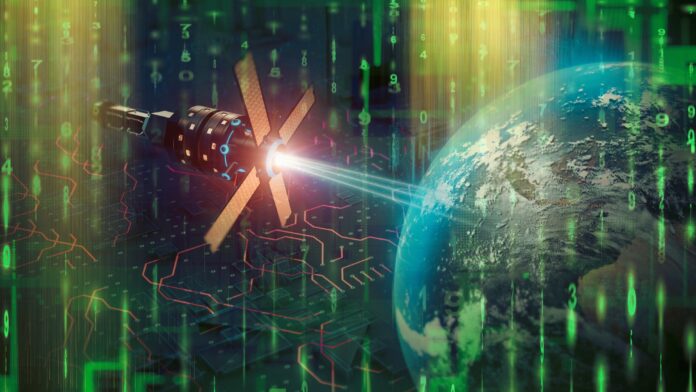Astronomy, the ancient science of celestial phenomena, has undergone a profound transformation with the advent of artificial intelligence (AI), particularly through deep learning. This cutting-edge technology is reshaping how astronomers and astrophysicists explore the universe, offering new tools to decipher the vast expanses of cosmic data. This article delves into the pivotal role of deep learning in astronomy, highlighting its applications, breakthroughs, and the profound impact it has on our understanding of the cosmos.
Revolutionizing Astronomical Data Analysis
Deep learning, a subset of machine learning characterized by algorithms inspired by the human brain called neural networks, excels in handling large volumes of data. In the realm of astronomy, where data collected by telescopes grow exponentially, deep learning proves invaluable.
Handling Big Data: Modern telescopes and observatories like the Hubble Space Telescope and the upcoming James Webb Space Telescope generate petabytes of data. Deep learning algorithms efficiently process and analyze this data, helping astronomers identify patterns and features that are often too subtle or complex for human detection.
Image Processing and Enhancement: Deep learning is particularly adept at image analysis, which is crucial in astronomy for studying celestial objects. These algorithms enhance image quality and extract valuable insights from visual data, even under low light conditions typical of astronomical observations.
Advancements in Discovering New Celestial Phenomena
Deep learning not only manages large datasets but also aids in the discovery of new planets, galaxies, and other celestial bodies.
Exoplanet Discovery: AI models have been instrumental in identifying exoplanets from vast amounts of data collected by space missions like Kepler and TESS. By analyzing the minute fluctuations in starlight caused by planets passing in front of their host stars, deep learning models have significantly sped up the process of discovering new worlds.
Galaxy Classification: Classifying galaxies based on their shapes and sizes is a monumental task when done manually. Deep learning automates this classification, enabling faster and more accurate categorization, which is vital for understanding the evolution of the universe.
Enhancing Our Understanding of Cosmic Events
Deep learning also plays a crucial role in predicting and understanding cosmic events, from solar flares to the collision of neutron stars.
Predictive Analysis: By training on historical data, AI can predict future astronomical events with high accuracy. This capability is crucial for planning observations with highly sensitive instruments and for alerting scientists to rare phenomena like supernovae or gamma-ray bursts.
Simulation and Modeling: Deep learning aids in the simulation of complex cosmic phenomena, such as black hole mergers or star formation. These simulations are pivotal for testing hypotheses about the workings of the universe and for interpreting observational data.
Challenges and Ethical Considerations
While deep learning offers tremendous benefits to astronomy, it also presents challenges, particularly related to data quality and algorithmic bias.
Data Dependency: The accuracy of deep learning models is heavily dependent on the quality and quantity of the data. In astronomy, where observing time is precious and conditions are highly variable, ensuring data integrity is a significant challenge.
Algorithmic Bias: There is a risk that AI models might develop biases based on the data they are trained on, potentially leading to skewed interpretations of astronomical phenomena. Mitigating these biases requires continuous monitoring and refinement of models.
Conclusion
Deep learning is transforming astronomy, pushing the boundaries of what we can discover and understand about the universe. As technology advances, the synergy between AI and astronomy will deepen, unlocking more secrets of the cosmos and enhancing our capabilities to explore further into the unknown. The future of astronomy is bright with AI, promising insights into the most fundamental questions about the nature of the universe and our place within it





